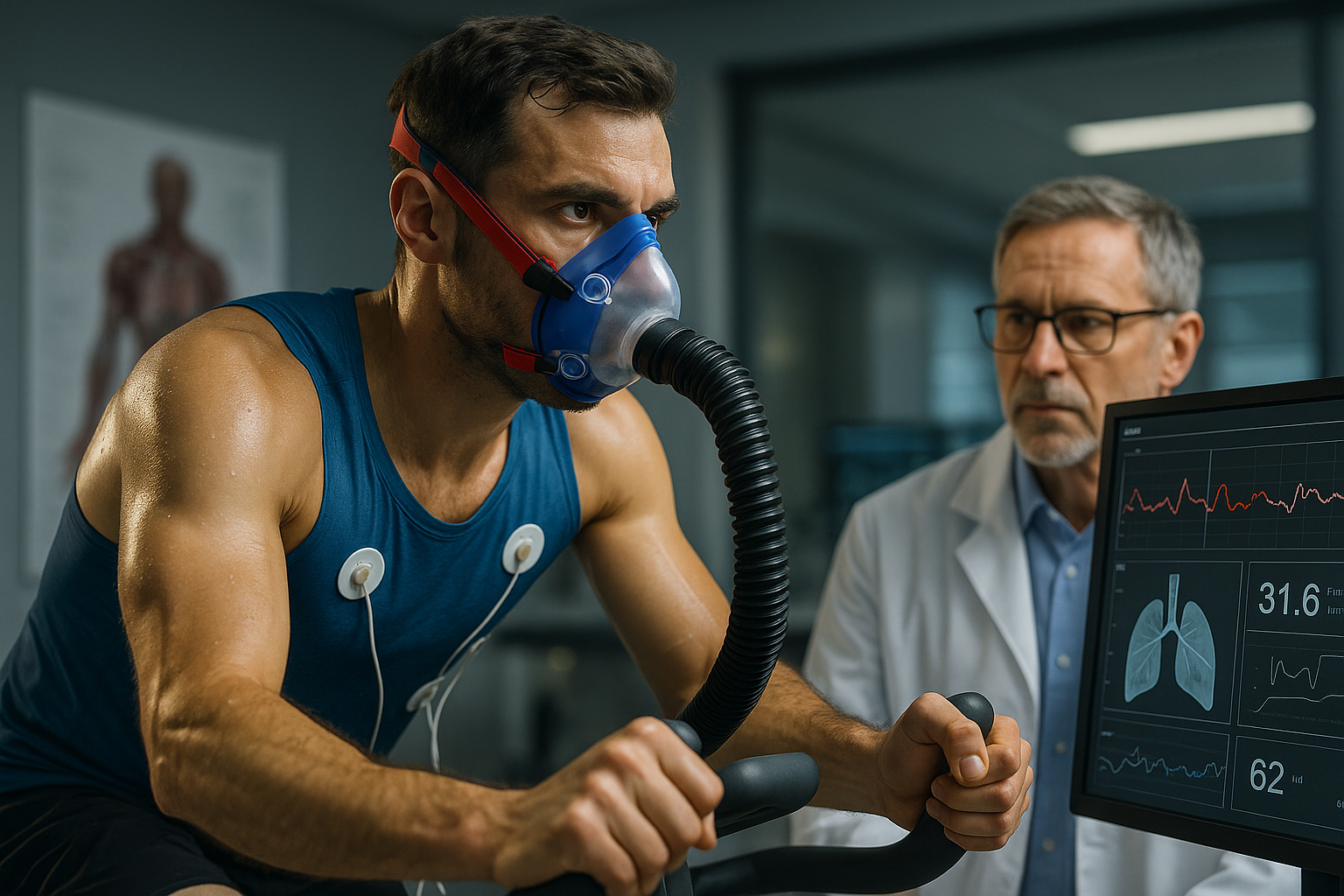Nursing Degree 2027 #1561
Nursing degrees open doors to diverse healthcare careers. Explore program types, admission requirements, and core study areas. Understand how each educational path equips you with the skills and knowledge needed for various roles within the nursing profession.

Nursing Degree Requirements: Preparing for Future Healthcare Needs
Nursing education requirements have become increasingly standardized yet diverse to meet complex healthcare demands. The baseline entry into registered nursing practice remains the Associate Degree in Nursing (ADN) or Bachelor of Science in Nursing (BSN), both qualifying graduates for NCLEX-RN examination. However, industry trends strongly favor BSN preparation, with many healthcare institutions adopting “BSN-preferred” or even “BSN-required” hiring policies. By 2027, experts project that BSN degrees will become the standard entry-level requirement for most nursing positions.
Prerequisites typically include foundational coursework in anatomy, physiology, microbiology, chemistry, statistics, and psychology. Most programs require a minimum GPA of 3.0, though competitive programs often have higher thresholds. Clinical hour requirements are expanding, with programs increasingly incorporating simulation technology alongside traditional clinical placements to ensure graduates develop critical thinking skills and clinical competence before entering practice.
Nursing Curriculum Overview: Integration of Technology and Specialized Knowledge
Today’s nursing curriculum balances foundational knowledge with emerging healthcare priorities. Core components include health assessment, pathophysiology, pharmacology, evidence-based practice, and nursing care across the lifespan. The curriculum increasingly incorporates specialized knowledge domains including:
-
Technology integration – Electronic health records proficiency, telehealth delivery, and digital health monitoring tools
-
Population health concepts – Social determinants of health, preventive care models, and community-based interventions
-
Quality improvement methodologies – Systems thinking, process improvement, and patient safety protocols
-
Leadership and interprofessional collaboration – Team-based care coordination and healthcare system navigation
Clinical rotations continue expanding beyond traditional hospital settings to include community health centers, long-term care facilities, schools, and virtual care environments. Simulation experiences using high-fidelity mannequins and virtual reality scenarios provide standardized learning opportunities that supplement direct patient care experiences, allowing students to practice critical thinking and clinical judgment in controlled settings.
Nursing Career Opportunities: Expanding Roles Beyond Traditional Settings
The nursing profession offers remarkably diverse career pathways that extend far beyond bedside care. Traditional hospital roles remain abundant, with specializations in emergency care, critical care, medical-surgical, pediatrics, and obstetrics. However, nurses with advanced degrees and specialized training increasingly fill roles in:
-
Advanced Practice: Nurse practitioners, clinical nurse specialists, nurse anesthetists, and nurse-midwives diagnose conditions, prescribe treatments, and manage patient care with increasing autonomy.
-
Leadership and Administration: Nurse managers, directors, and executives oversee clinical operations, develop policies, manage budgets, and lead quality improvement initiatives.
-
Education: Academic nurse educators train future generations, while clinical nurse educators provide professional development within healthcare organizations.
-
Informatics: Nursing informatics specialists bridge clinical expertise with information technology, developing and optimizing electronic health records and clinical decision support systems.
-
Research: Nurse researchers design and conduct studies to improve patient care outcomes and develop evidence-based practice guidelines.
-
Consulting: Independent nurse consultants provide expertise in legal cases, insurance reviews, and organizational improvement projects.
The U.S. Bureau of Labor Statistics projects continued strong demand for nurses through 2027 and beyond, with job growth exceeding most other occupations. Factors driving demand include an aging population with complex healthcare needs, retirement of experienced nurses, and expansion of healthcare access through various delivery models.
Specialized Nursing Pathways and Certification Options
Beyond basic licensure, nurses can pursue certification in specialized areas that significantly enhance career prospects and earning potential. Organizations like the American Nurses Credentialing Center offer certification in dozens of specialties including oncology, gerontology, psychiatric-mental health, and wound care. Certification typically requires a combination of clinical experience, continuing education, and successful examination completion.
Emerging specialty areas with growing demand include genetics nursing, informatics, forensic nursing, and holistic nursing. Many employers offer tuition assistance and schedule accommodation for nurses pursuing additional certifications, recognizing the value specialized knowledge brings to patient care outcomes and organizational success.
The 24/7 Nurse Model: Preparing for Round-the-Clock Care Delivery
Healthcare’s continuous nature means nursing education must prepare graduates for the realities of shift work, including night shifts and weekend coverage. The 24/7 nurse model has evolved to address both patient needs and workforce sustainability. Nursing programs now explicitly address fatigue management, healthy sleep habits, and strategies for maintaining work-life balance during irregular schedules.
Simulation training increasingly incorporates scenarios that challenge students’ decision-making abilities under conditions of fatigue or during high-stress periods typical of night shifts. Programs are also implementing coursework on chronobiology, helping students understand their own circadian rhythms and develop personal strategies for adapting to changing shift requirements while preserving their wellbeing.
Conclusion
As nursing education evolves toward 2027, programs are becoming more responsive to healthcare system needs while expanding career opportunities for graduates. The nursing degree of the future integrates technical proficiency with critical thinking, adaptability, and specialized knowledge. Students entering nursing programs today will graduate into a profession offering unprecedented career diversity, continuous learning opportunities, and the profound satisfaction of making meaningful differences in patients’ lives. Whether providing direct care in traditional settings or pioneering new roles in emerging healthcare models, nurses educated under these evolving standards will be well-positioned to lead healthcare forward.
This article is for informational purposes only and should not be considered medical advice. Please consult a qualified healthcare professional for personalized guidance and treatment.




